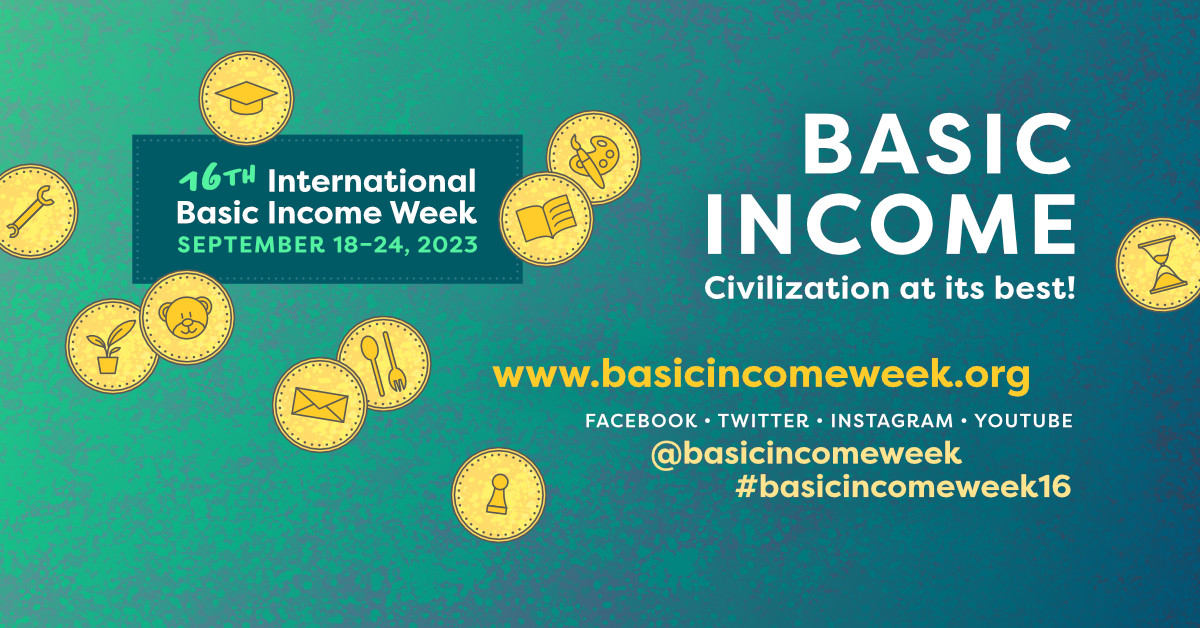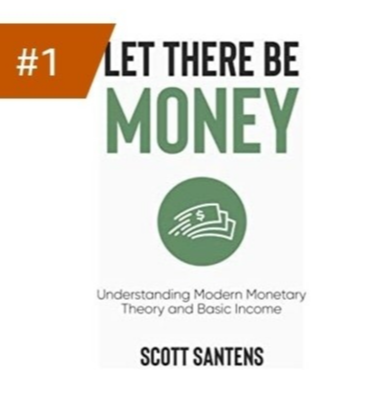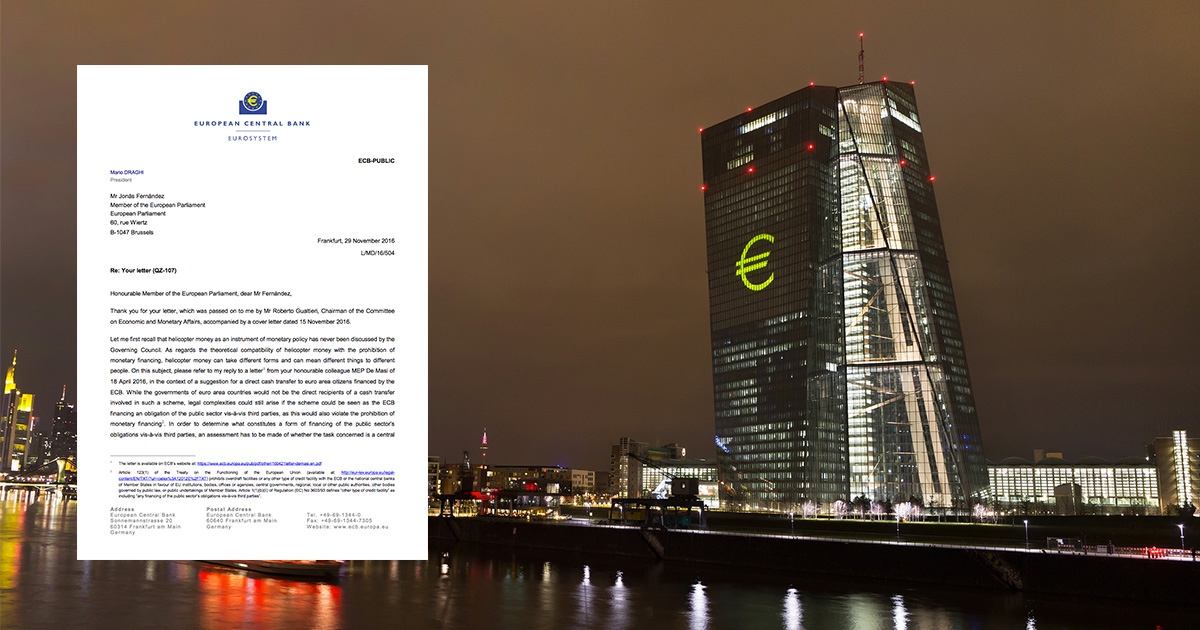Going from “can we pay for it?” to “can we resource it?” is the mindset shift needed for a human-centered resource-based economy built with a mindset of abundance on a foundation of human rights.
In the beginning, man said, Let there be money: and there was money. Centuries later, on March 27, 2020, the United States passed into law the Coronavirus Aid, Relief, and Economic Security Act and with the stroke of a pen, over $2 trillion was spent without first taxing or borrowing from anyone. It included $1,200 stimulus checks for adults and $500 for kids. Another $900 billion was spent without first taxing or borrowing from anyone nine months later as the Consolidated Appropriations Act. It included $600 stimulus checks per adult and kid. Another $1.9 trillion was spent without first taxing or borrowing from anyone another three months later when a third stimulus check went out thanks to the American Rescue Plan Act, this one for $1,400 per adult and kid. It was followed in July by the first of six monthly payments of $250 to $300 more per kid. All told, within one year, $1 trillion in cash was sent directly to the bank accounts and mailboxes of about 85% of Americans, no strings attached.
We didn’t “pay for” any of this. We just did it. None of it was made possible by taxing or borrowing from anyone first, and that’s the big lesson I believe everyone needs to take away from the COVID-19 pandemic besides the effectiveness of direct cash payments and dangers of politicizing science and public health. Americans needed money, so it was created out of nothing. The thing is, that’s not new. It’s how money works in any country that issues its own currency.
Here’s the now less secret truth: the US government is not funded by taxes. It creates its own currency out of nothing. It spends it into existence. Taxes then remove money from the money supply to maintain its value (among other things). For the cryptocurrency enthusiasts out there, the US dollar utilizes a mint and burn model. The eater address is the IRS.
In other words, yes there is in fact a “magical money tree.” All money is a human invention and there is in fact no limit to the amount of money that can be created. There is however a limit at any point in time to the goods and services that can be exchanged for money at that point in time, and that real and always changing limit depends entirely on the amount of natural resources, human labor, machine labor, knowledge, skills, time, energy, etc. that is available to meet demand with supply at that point in time. That’s what really matters – what money is meant to measure – not money itself. Money is only a human construct created to very roughly measure the stuff it’s traded for, and taxation is important for a multitude of reasons, but making spending possible by a currency issuing government just isn’t one of them. This is the heart of what’s come to be known as Modern Monetary Theory (or MMT).
Conventional thinking says that the US government first needs to obtain money from taxes or borrowing in order to spend it. MMT says that the government first spends money, then it taxes or borrows money to remove it from circulation. That may seem like a somewhat silly difference, but I’ve come to believe it’s actually an extremely important one, and one that once adopted, is the most likely path to a better future that includes a truly Universal Basic Income — like Alaska’s annual dividend but monthly and larger — that’s the highest it can be without surpassing inflation targets.
I’ve never been against MMT as a descriptive theory, but for years I’ve just seen it as an alternative way of looking at federal spending and taxes, but having just lived through the year 2020, and having read Stephanie Kelton’s book The Deficit Myth, I’ve come to believe MMT may just be the key to achieving UBI, and perhaps even the only way.
Now to begin this MMT-UBI journey (which I admit will take some time to fully explore) let’s first imagine a very special bathtub…
The Magical Bathtub
Imagine a bathtub where our goal is to fill the tub as close to the brim as possible without spilling over onto the floor. Water flowing into the tub represents government spending and water flowing down the drain represents taxation. The tub itself represents the economy and an overflowing tub is inflation. If more money flows into the tub than down the drain, the water level rises. That’s what running a federal budget deficit looks like, because a deficit is spending more than taxing, and the government’s deficit is the private sector’s surplus. A balanced budget would be matching the rate of water flowing in with the rate draining out, which would keep the water level steady where it is. If the tub is full, that would make more sense, but if it isn’t, it makes sense to either increase the flow rate, or decrease the drain rate to fill the tub all the way.
Curious for the ending? You can read further on https://vocal.media/theSwamp/why-we-need-modern-monetary-theory-mmt-and-why-it-needs-universal-basic-income-ubi
or buy the book
or download the pdf: Why We Need Modern Monetary Theory (MMT) and Why It Needs Universal Basic Income (UBI) _ The Swamp (PDF)












